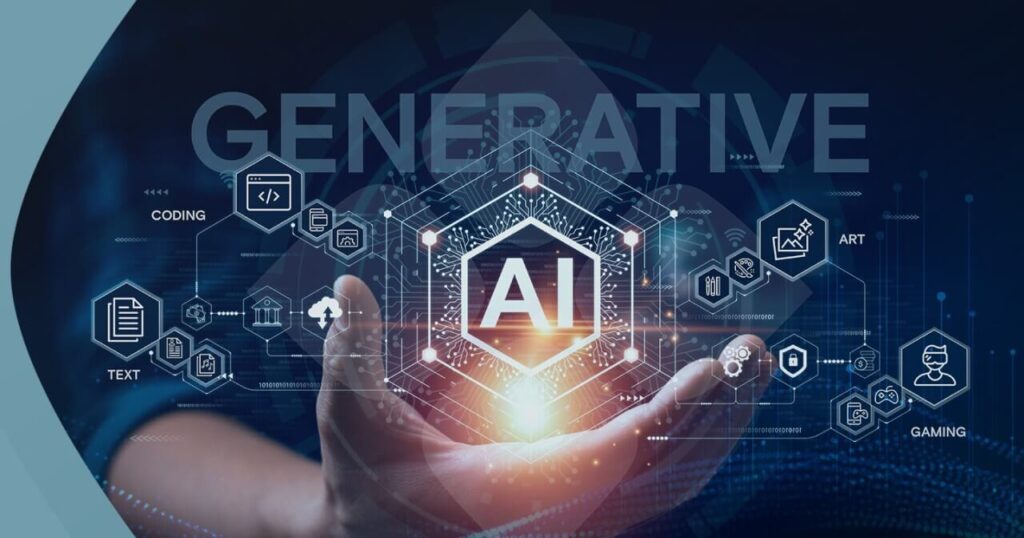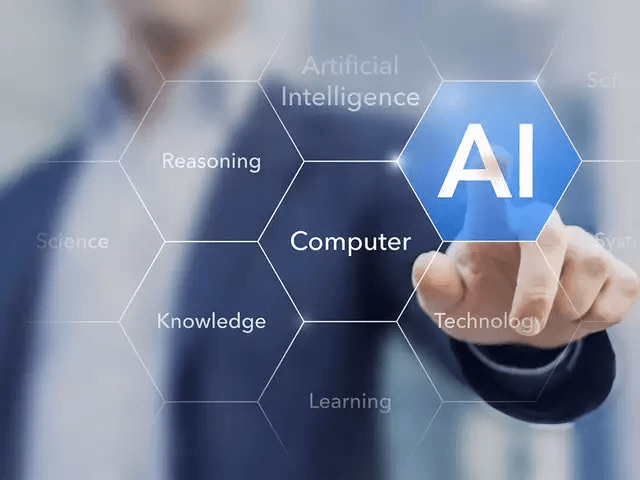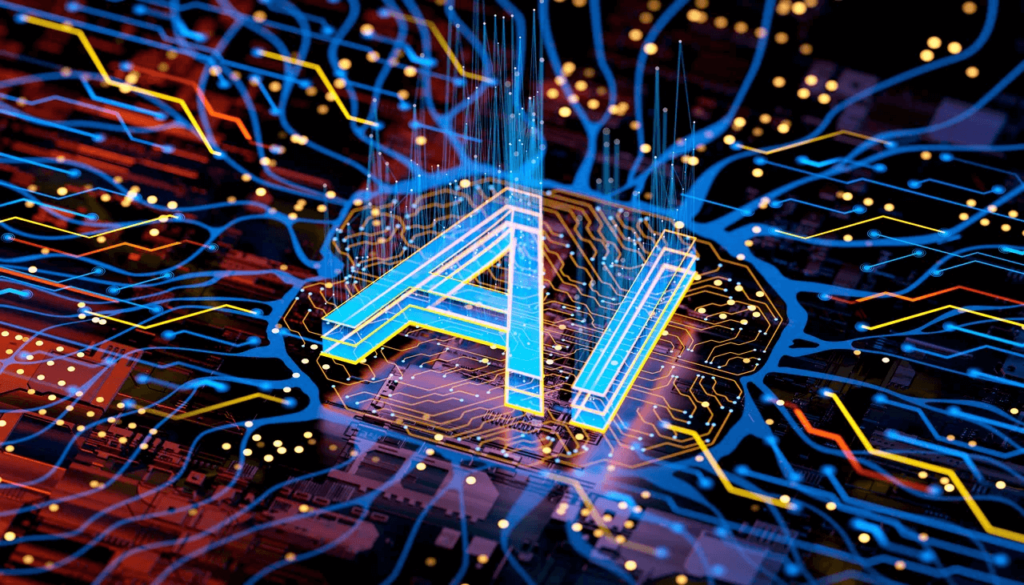
In an ever-changing world, where technology is advancing at a pace previously unimaginable, the role of artificial intelligence (AI) in the workforce is becoming increasingly prominent. As AI continues to evolve, it raises critical questions about the future of work. What new roles will emerge? How will existing job requirements change? In this article, we’ll delve into the transformative impact of AI on the job landscape and explore strategies for preparing for these changes.
Understanding the AI Revolution
Before we dive into the future, let’s take a moment to understand the present. AI, in its various forms, is already integrated into our daily lives. From virtual assistants like Siri and Alexa to predictive text and chatbots, AI is all around us, streamlining tasks and making our lives more convenient.
But what exactly is AI?
AI refers to the simulation of human intelligence in machines that are programmed to think and learn like humans. It encompasses machine learning, natural language processing, and computer vision, among other technologies. These capabilities enable AI to perform tasks such as problem-solving, decision-making, and data analysis with remarkable precision.
The Changing Landscape of Jobs
Now, let’s address the big question: How is AI reshaping the job market?
- Automation and Job Displacement: With AI’s ability to automate repetitive tasks, certain jobs are at risk of displacement. Roles that involve manual data entry, basic customer service, or routine assembly line work are particularly vulnerable.
What does this mean for workers?: It means that individuals in these roles must adapt and acquire new skills to remain relevant in the job market. Upskilling and reskilling programs are essential to help employees transition into more complex, less automatable roles.
- Emergence of New Roles
While AI may replace some jobs, it also gives rise to entirely new roles. For example, AI specialists, data scientists, and machine learning engineers are in high demand to develop and maintain AI systems. Additionally, ethical AI consultants and AI trainers are needed to ensure AI systems are used responsibly and effectively.
How can individuals prepare for these emerging roles?
Enrolling in courses related to AI, data science, and machine learning is a great start. Building a strong foundation in mathematics and programming languages like Python is also crucial.
- AI as a Collaborative Tool
AI doesn’t have to be a threat; it can be a valuable tool that complements human skills. In many industries, AI assists workers in making more informed decisions by processing vast amounts of data quickly. For example, in healthcare, AI can help doctors diagnose diseases more accurately by analyzing patient data.
How can workers leverage AI as a collaborative tool?
It’s about embracing AI as an ally rather than a competitor. Learning to work alongside AI systems and harnessing their capabilities can enhance job performance and open up new opportunities.
The Skills of Tomorrow
To thrive in the age of AI, individuals need to develop a diverse skill set that goes beyond traditional job requirements. Here are the skills that will be in high demand:
- Data Literacy: Understanding data and its implications will be crucial. This includes the ability to analyze data, draw insights, and make data-driven decisions. Data literacy is not just for data scientists; it’s a skill everyone should cultivate.
- Digital Literacy: In a digital-first world, being comfortable with various digital tools and platforms is essential. This includes proficiency in software and applications relevant to your industry.
- Adaptability and Creativity: AI can handle routine tasks, but it struggles with creative and adaptive thinking. Cultivating creativity and adaptability will be valuable assets in the workforce.
- Ethical AI Knowledge: As AI becomes more integrated into society, understanding the ethical implications of AI decisions is crucial. This knowledge will be essential for roles involving AI governance and ethics.
Preparing for the AI-Driven Future

So, how can you prepare for the AI-driven future and ensure your career remains on a promising trajectory?
- Continuous Learning: Never stop learning. Enroll in online courses, attend workshops, and earn certifications in AI-related fields. Staying up-to-date with the latest developments is key.
- Networking: Build a network of professionals in your industry, including those with expertise in AI. Networking can provide valuable insights and opportunities.
- Embrace Change: Be open to change and innovation. Those who adapt quickly to new technologies and approaches will thrive in the evolving job landscape.
- Stay Ethical: When working with AI, always consider the ethical implications of your actions. Promote responsible AI use and advocate for ethical practices in your workplace.
The Future Is Yours to Shape

In conclusion, AI is not here to steal our jobs; it’s here to redefine them. The future of work will be a dynamic landscape where AI and humans collaborate to achieve greater heights of productivity and innovation. By acquiring the right skills and adopting a proactive mindset, you can position yourself for success in this AI-driven era. The question is not whether AI will shape the future of work, but how you will shape your future in the age of AI.
Remember, the future belongs to those who are prepared to embrace change. It’s a future where opportunities abound for those who are willing to adapt and thrive in a rapidly evolving job market. AI, in its transformative power, offers a multitude of prospects that can be harnessed to advance your career and personal growth.
Adaptability is key in this journey. As AI reshapes industries, your ability to pivot, learn, and apply new skills will set you apart. Be open to change, not as a threat, but as an invitation to explore new horizons. Adaptation is not just about surviving; it’s about flourishing in an environment where change is constant.
Harnessing the power of AI as a tool for growth is a mindset that can propel you to new heights. Instead of fearing AI, view it as your collaborator and enabler. AI can streamline tasks, enhance decision-making, and free up time for more creative and strategic endeavors. Embrace it as a partner in your professional journey.
Your choices today lay the foundation for your future. Whether you’re a student preparing to enter the workforce or a seasoned professional seeking to upskill, every decision you make matters. Invest in education, explore new technologies, and stay informed about AI’s latest developments. The more you equip yourself, the better positioned you’ll be to shape your future.
The age of AI offers unprecedented opportunities for innovation and entrepreneurship. Start thinking about how you can leverage AI to create solutions for the challenges of tomorrow. Consider launching your AI-powered startup or collaborating with AI experts to address societal needs.
In this AI-driven world, the future is not a predetermined path; it’s a canvas waiting for you to paint your vision. The question is not whether AI will shape the future of work; it’s how you will shape your future using AI as a tool for progress and excellence. So, are you ready to take the reins, adapt, and thrive in this exciting era of possibilities? Your future awaits, and it’s yours to shape.
Frequently Asked Questions (FAQs)
Q1: What is the impact of AI on the future of work?
A1: Artificial Intelligence (AI) is reshaping the future of work by automating routine tasks, creating hybrid roles that combine human expertise with AI, and opening up new opportunities in emerging industries. It’s transforming traditional job roles and skill requirements.
Q2: Are all jobs at risk of automation due to AI?
A2: While AI can automate many routine tasks, not all jobs are at risk. Roles requiring emotional intelligence, creativity, interpersonal skills, and complex decision-making are less susceptible to automation.
Q3: How can I prepare for the AI-driven future of work?
A3: To prepare for the future of work, focus on developing skills such as data literacy, adaptability, and emotional intelligence. Embrace lifelong learning, seek mentorship, and stay informed about industry trends.
Q4: Can AI create new job opportunities?
A4: Yes, AI has the potential to create new job opportunities in fields like AI ethics, AI training, and AI solution architecture. However, seizing these opportunities often requires reskilling and upskilling.
Q5: What ethical concerns are associated with AI in the workplace?
A5: Ethical concerns related to AI in the workplace include bias mitigation, data privacy, and transparency in decision-making. It’s essential to address these concerns to ensure responsible AI use.
Q6: How can I mitigate bias in AI systems?
A6: Mitigating bias in AI systems involves diverse and representative training data, continuous monitoring, and fairness audits. Ethical AI practices should be implemented from the data collection stage.
Q7: What are some recommended platforms for lifelong learning and upskilling in AI?
A7: Popular platforms for lifelong learning and upskilling in AI include Coursera, edX, Udacity, and LinkedIn Learning. These platforms offer a wide range of AI-related courses and certifications.
Q8: How can I connect with mentors in my desired AI field?
A8: To find mentors in your desired AI field, attend industry conferences and networking events, join online AI communities, and reach out to professionals through LinkedIn or other networking platforms.
Q9: What professional networks can I join to stay updated on AI trends?
A9: Consider joining professional networks and associations like the Association for Computing Machinery (ACM), the Institute of Electrical and Electronics Engineers (IEEE), and industry-specific organizations related to AI and technology.
Q10: How can I update my resume and LinkedIn profile to showcase AI-related skills?
A10: Update your resume and LinkedIn profile by highlighting AI-related skills, certifications, and projects you’ve worked on. Use keywords and quantifiable achievements to demonstrate your expertise in AI.
Q11: What are some reliable sources for staying informed about AI developments?
A11: To stay informed about AI developments, follow industry publications like MIT Technology Review, AI research journals, and blogs from AI companies. Engage in discussions on platforms like Reddit’s r/MachineLearning and attend webinars and conferences.